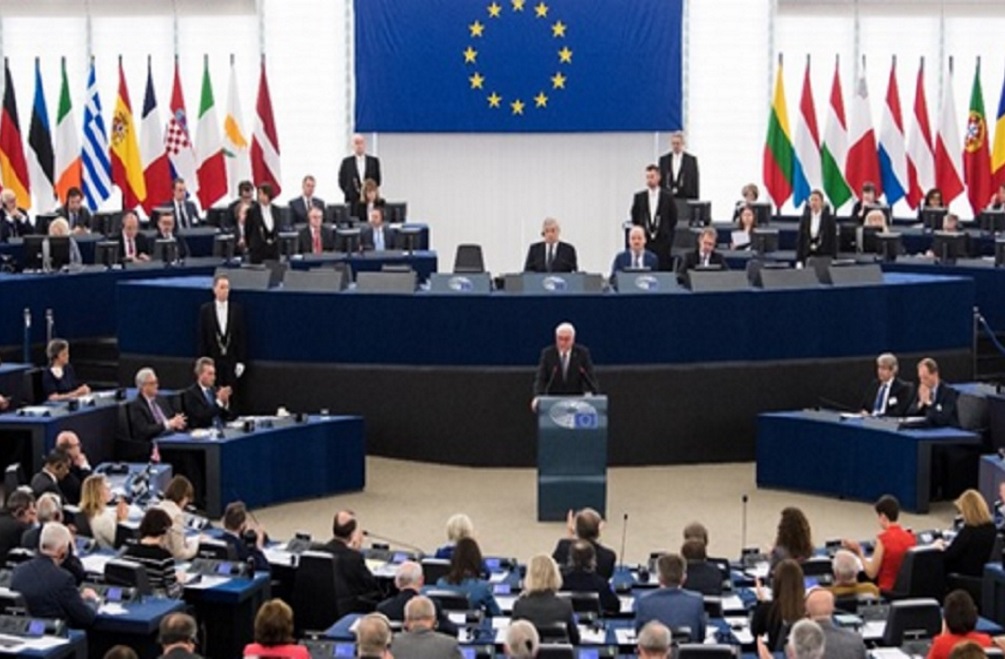
April 13, 2017
This Tuesday, the European Union voted to extend sanctions against Iran until April 2018, in response to “serious human rights violations”, according to Reuters.
This move has been welcomed by politicians, organizations and members of the general public who advocate for human rights.
The EU stated that their ban targeted people who were complicit in “torture, cruel, inhuman and degrading treatment, or the indiscriminate, excessive and increasing application of the death penalty, including public executions, stoning, hangings or executions of juvenile offenders”, and those “responsible for directing or implementing grave human rights violations in the repression of peaceful demonstrators, journalists, human rights defenders, students or other persons who speak up in defence of their legitimate rights, including freedom of expression”.
Human Rights Issues in Iran
There are any number of human rights issues in Iran at any one time; from the imprisonment of political opponents to the torture of prisoners to the execution of juveniles.
Amnesty International recently released their 2016-17 report on Human Rights in Iran and highlighted these main issues:
- Freedoms of expression, association and assembly
- Unfair trials
- Freedom of religion and belief
- Women’s rights
- Discrimination against ethnic minorities
- Torture and other ill-treatment
- Cruel, inhuman or degrading punishment
- Death penalty
In their summary, Amnesty wrote: “The authorities [in Iran] heavily suppressed the rights to freedom of expression, association, peaceful assembly and religious belief, arresting and imprisoning peaceful critics and others after grossly unfair trials before Revolutionary Courts…Members of religious and ethnic minorities faced discrimination and persecution. Women and girls faced pervasive violence and discrimination.”
They continued: “Torture and other ill-treatment of detainees remained common and widespread, and were committed with impunity. Floggings, amputations and other cruel punishments continued to be applied…The authorities made extensive use of the death penalty, carrying out hundreds of executions, some in public. At least two juvenile offenders were executed.”
The Sanctions
- Travel Ban: The travel ban, which prevents people who are involved in the Regime from travelling to the EU, has been extended by one year. It affects, among others, senior figures in the Iranian Revolutionary Guard (Iran’s terror squad), National Police Force and Basij religious paramilitary group.
- Asset Freeze: This currently affects 82 Iranian people and one company.
- Export Ban: There is now a ban on exporting equipment which monitors telecommunications to Iran, for fear that it might be used to repress the Iranian people.
The EU had previously lifted certain sanctions against the Gulf nation following the 2015 nuclear pact between the US, the UK, France, Germany, China, Russia, and Iran. This reversed a decade of hard-hitting Western economic sanctions, which had nearly forced the Iranian Regime to the breaking point.
Following the lifting of sanctions, Iran received large delegations of top EU officials and European businesses.
The sanctions mentioned above are not subject to the agreements of the nuclear pact and do not violate the Joint Comprehensive Plan of Action (JCPA)


